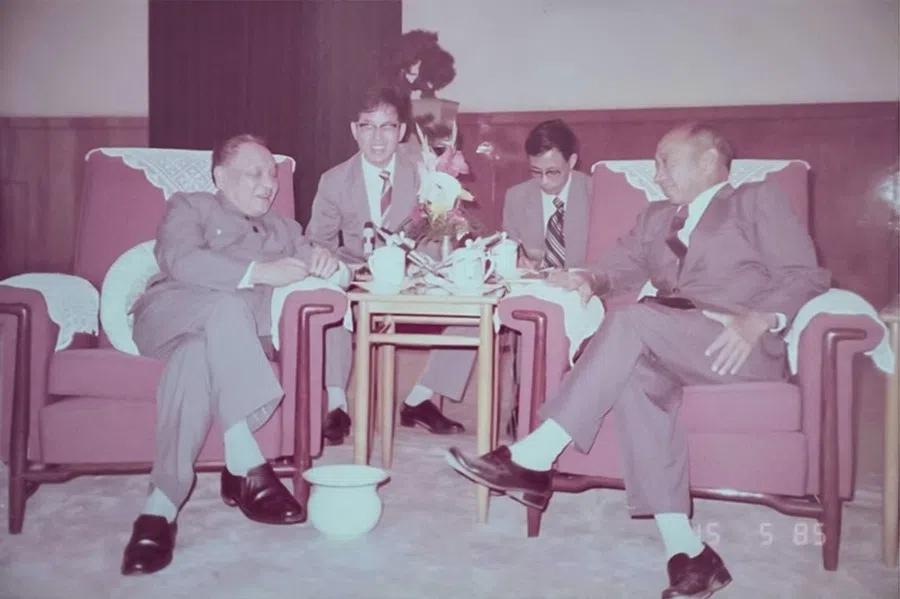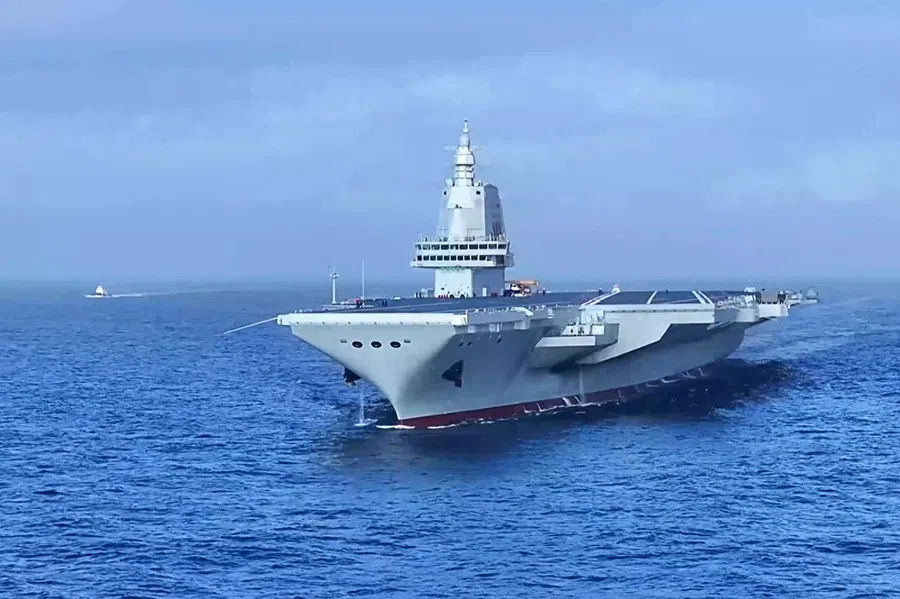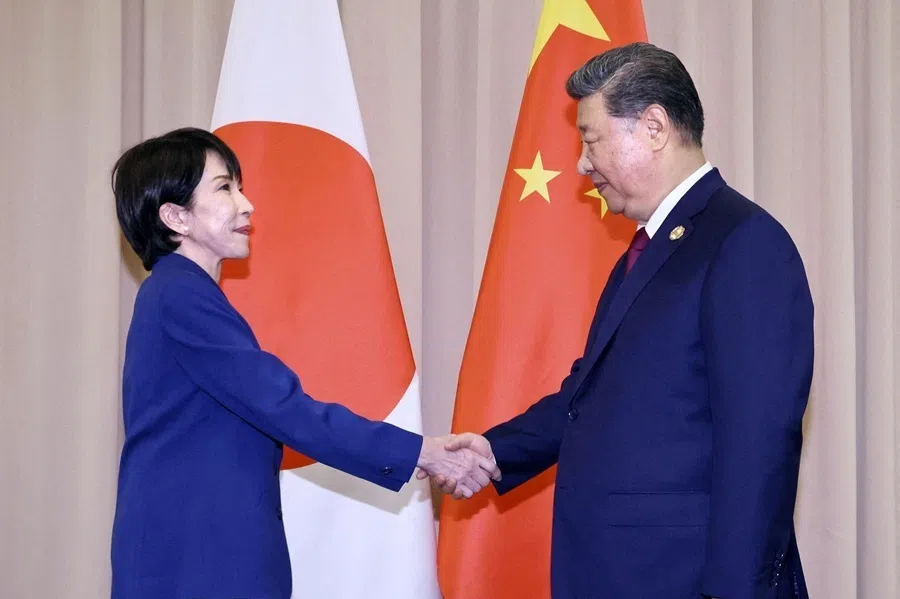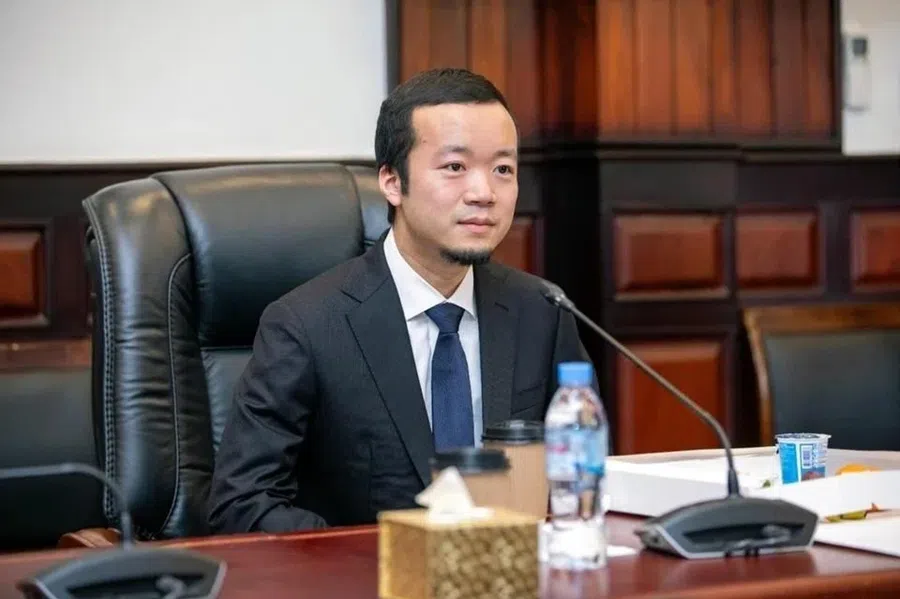Frederick Tsao: In a family business, you can never leave
Lianhe Zaobao senior correspondent Chew Boon Leong speaks with Tsao Pao Chee group’s Frederick Tsao about turning the family shipping business into a multinational corporation.
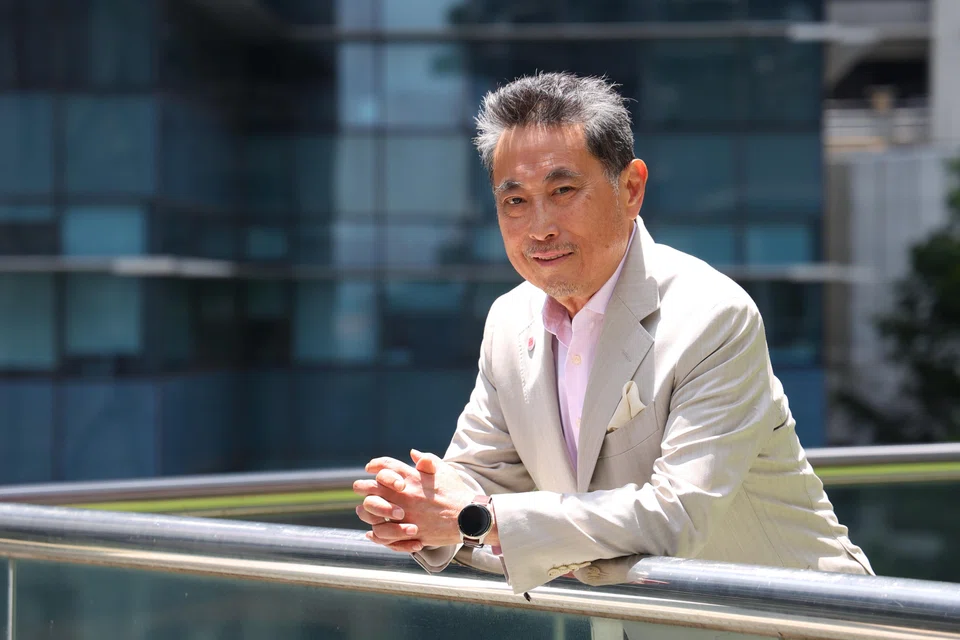
“Are you having fun here?” This was the first question that Chavalit Frederick Tsao, the fourth-generation head of Tsao Pao Chee (also known as TPC), asked the Lianhe Zaobao team when we first met him, to check on our level of satisfaction. For Fred, people first need to learn to love themselves, and to live happily.
He said, “If someone doesn’t even know how to love themselves, how will they be able to love another, and be capable of altruistic love?”
Indeed, over the next few encounters, despite having been kept busy from dawn to dusk, he still seemed to be enjoying himself, and “having fun”.
Fred, 67, is the second son of the late Frank Tsao, the Chinese shipping magnate. He grew up in Hong Kong and graduated with an engineering degree from the University of Michigan, joined the family business aged 20, and took over from his father as the head of the business at 37, leading the company’s transformation into a diversified multinational corporation.
As head of the Tsao family conglomerate, Fred has a strong presence, and speaks steadily and with charisma. His conversation is wide-ranging, and his views refreshing; from the heritage of family businesses, planning for the post-industrial age, wellness and meditation practice, and even architecture, music and food — he seemed able to talk about anything, and his passion for running a business, for life, and for beauty comes through at every opportunity.
Now, he is steering the corporation towards doing good, investing in the economy for the common good (ECG).
In April this year, Fred changed the name of the company from IMC Pan Asia Alliance to Tsao Pao Chee, which was the original trading name of the family business at its founding. The group aims to be “purpose-led profit business”, and its divisions include OCTAVE, IMC Industrial, and a series of not-for-profit entities — which together form an integrated business ecosystem in the ECG.
“... Coming next is the move towards the well-being economy, the era of building positive influence.” — Chavalit Frederick Tsao, Head, Tsao Pao Chee
Calling on businesses to become a positive influence
Fred is a published writer who has authored many books on corporate management. In his book One Choice, One World: The Rise of the Well-Being and Happiness Economy published last year, he pointed out that a global ideological shift is happening, and urged businesses to build up the well-being economy and focus on gross national happiness (GNH).
In the interview with Lianhe Zaobao, Fred said: “Our age of commercial services has changed, industrialisation brought us prosperity, but the age of industrialisation is coming to an end. Coming next is the move towards the well-being economy, the era of building positive influence.”
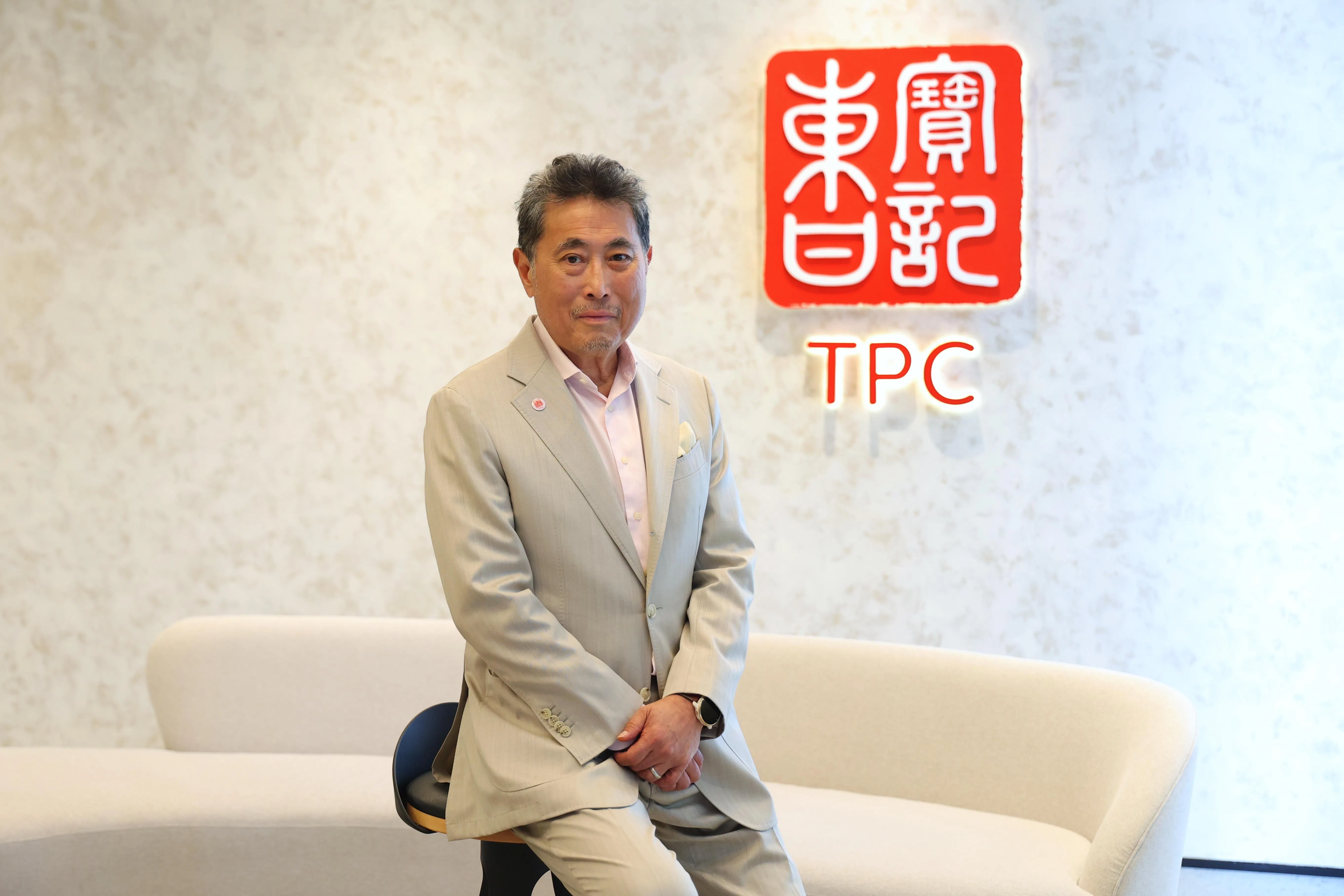
“Look, even the heavens have created change to show us; the pandemic has awakened us, and made us think about how to live the rest of our lives.”
Tsao Pao Chee was the trading name of the business Fred’s great-grandfather, Tsao Wa-Chang, set up in Shanghai at the end of the 19th century. The business has endured 120 years and been passed down four generations in the family. Fred believed that putting the heritage brand into use again will renew the corporation’s identity as it moves into the age of awakening and well-being.
In April this year, the Philanthropy Asia Alliance — initiated by the Temasek Trust — introduced the Communities Initiative, with TPC as a community pioneer for its Blue Oceans community alongside Dalio Philanthropies, set up by well-known investor Ray Dalio. The organisations will lend their expertise and resources in raising funds for projects with a high impact.
When second son took charge
The Tsao family business started on its path to prosperity in Shanghai at the end of the 19th century, when Tsao Wa-Chang set up a passenger and cargo transport and warehousing business on the bank of the Yangtze River, trading under the name Tsao Pao Chee, bringing in opportunities and resources for its future development.
The company’s second generation head, George Tsao Ying-Yung built upon the foundations of the business, expanding its operations to integrate transport and logistics, including financing and import-export trading services.
Frank Tsao Wen-King, the third-generation guard of the family business and Fred’s father, was born in Shanghai’s Pudong district. He relocated the family business to Hong Kong after World War II, and set up International Maritime Carriers (IMC). The elder Tsao also made significant contributions to the development of the maritime industry in Asia, and was known as one of the Four Shipping Tycoons of Hong Kong, alongside Tung Chao-Yung (CY Tung), Yue-Kong Pao (YK Pao), and Chao Tsong-yea (TY Chao).
Frank Tsao had four children: two sons and two daughters: eldest son Calvin, second son Fred, eldest daughter Mary Ann, and youngest daughter Cheryd.
The business dynasties of yesteryear were bound by tradition and usually appointed the eldest son as heirs — Frank Tsao was no exception. So how did Fred as the second son become the steward of the company?
Tsao smiled when the question came up. “My brother ran away to the US to study architecture very early on, and he told my father very clearly that he would not come back to run the family business, so naturally the burden of taking over the family business fell on me.”
Calvin Tsao had a passion for architecture and had worked with the renowned architect I.M Pei before setting up his own company Tsao & McKown, and is now an internationally acclaimed architect.
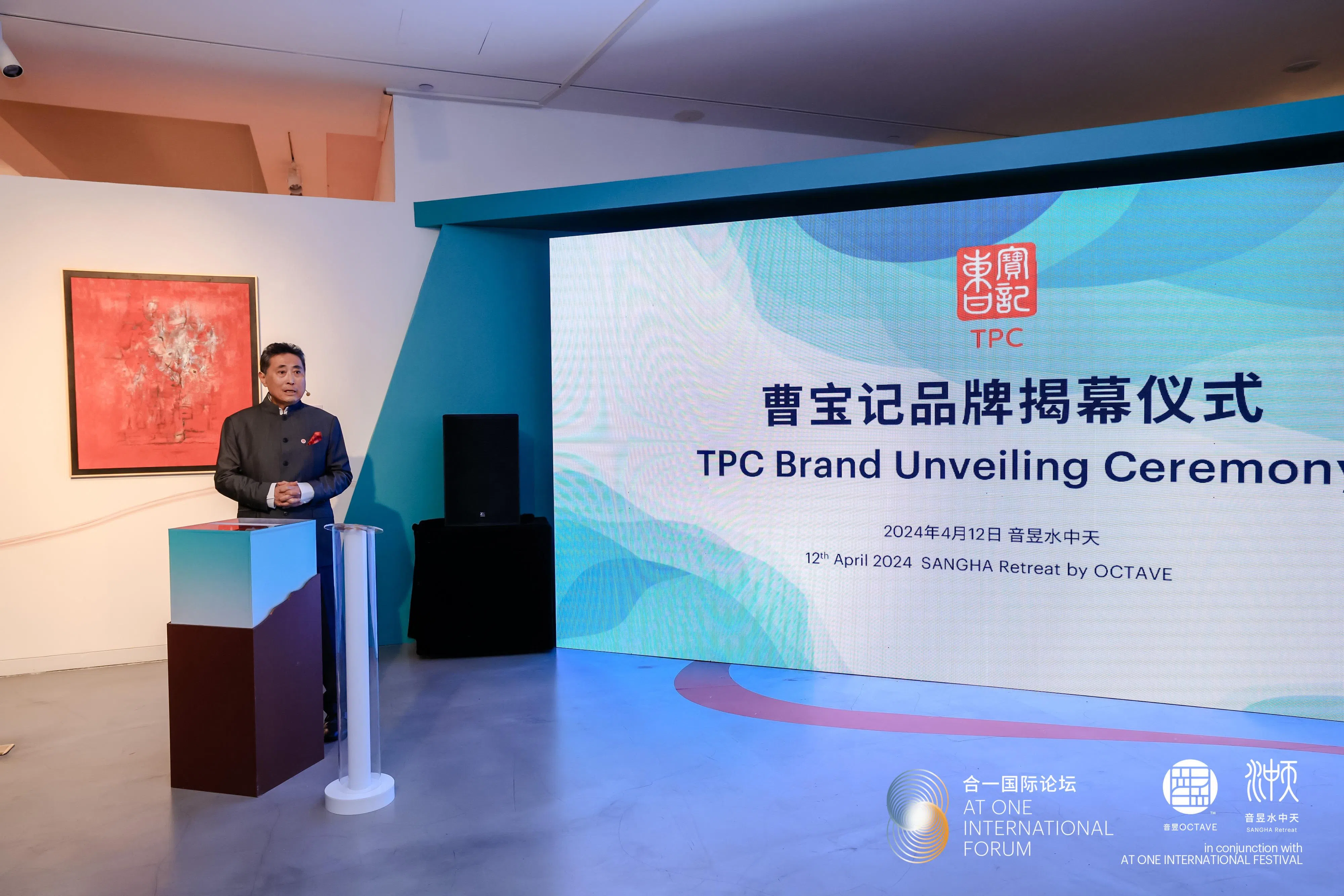
Fred said half in jest that after his brother “ran away,” his father learnt his lesson and kept a close eye on his second son while he majored in shipbuilding at the University of Michigan, making sure he was studying hard. “That’s why I completed my studies so quickly, I was taking classes almost every summer, and I got my degree within a couple of years,” he said. “Immediately after graduation, I joined my father’s company IMC.”
... not only did the shipping company start becoming profitable again, he also led it to a successful public listing. The venture boosted his personal worth from US$25 million to US$200 million.
Success is not a given: Borrowing to buy over his father’s shares
As the fourth-generation leader of the family business, Fred’s career trajectory has been nothing short of extraordinary. After becoming a businessman, he quickly showed his acumen. At 21, he borrowed US$3 million from his father and headed to Thailand alone to establish a palm tree planting and processing business. It took him just a few years to make US$25 million from the business.
In 1986, when United Thai Shipping Corp — which belongs to the Thai government — was on the brink of bankruptcy, the authorities asked Frank Tsao to step in and take over operations. He passed the hot potato to Fred, who was doing business in Thailand at the time.
It took all of two years for Fred to turn things around; not only did the shipping company start becoming profitable again, he also led it to a successful public listing. The venture boosted his personal worth from US$25 million to US$200 million.
As Frank Tsao grew older, the question of succession became more pertinent, and he requested that his son return to the fold at IMC, and Fred took over the reins in 1995.
Fred said it was natural for the son to take over the father’s business, but he also emphasised that leadership had to be “handed over with wisdom and taken over with responsibility”.
The succession process was an innovative one. Fred revealed that it took the form of a leveraged buyout, where he acquired the majority stake from his father, and inherited only a small portion outright.
“I told my father that successful people don’t rely on gifts. Only I can make my own success, I want to prove myself, and take over the family business from your hands. If I am not well-prepared, and am relying on only your gift, would I still be fit to lead?”
As an ancient Chinese saying goes, wealth does not last beyond three generations. According to Tsao, the family has managed to prove this adage wrong largely because of the company’s capacity for adding value to life.
“Wealth is a resource, but you have to have goals and give it meaning. Resource without aim is not wealth — it is greed, wrath, and ignorance. You will be chasing wealth blindly every day, and getting lost in the chase. So what is the aim of our family business? It is to cultivate both wealth and goodness.
“Wealth refers to riches; goodness is adding value to life. What follows wealth is goodness, and goodness will result in wealth. This is what we do by contributing to society, and continually adding value to life, so as to improve life for future generations.”
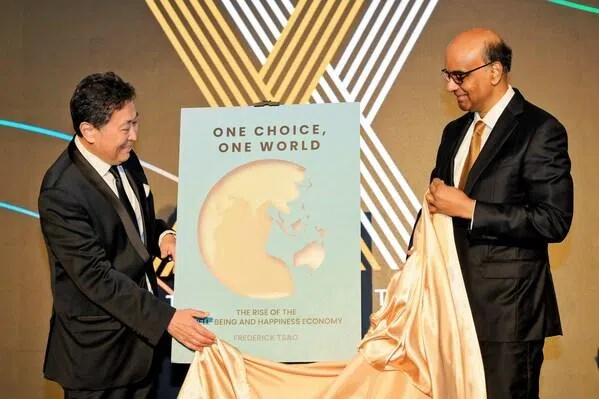
Each member of the fourth generation of the Tsao family is accomplished in their chosen fields. Besides Calvin the respected architect, Mary Ann is a medical doctor, as well as the chairperson of the Tsao Foundation, and has been very active in philanthropy in Singapore. Cheryd worked in a bank before deciding to focus on her family. None of the other three siblings are involved or have any interest in taking over the family business.
As for Fred, he is a father to two sons and a daughter. His eldest son is currently working in scientific research in the US, while his daughter is a mother, and his youngest is still schooling. None of them joined the company.
“... taking over the stewardship of the family business is a heavy burden, because it’s like the lyrics in the song Hotel California: ‘You can check out anytime you like, but you can never leave’.” — Tsao
No intention of forcing his children to join the family business
On the issue of succession, Tsao said he is open; he respects the wishes of his children and has no intention of forcing them to take over.
“I know that taking over the stewardship of the family business is a heavy burden, because it’s like the lyrics in the song Hotel California: ‘You can check out anytime you like, but you can never leave’,” Tsao said. “So I would rather they go out and explore the world and find their own calling.”
Tsao has already set up a trust fund for his children, and set them the task of contributing to the well-being of society — whoever gives back to society can benefit from the trust fund.
He stressed, “Even if they don’t take over the company, they will still play the role of overseer and guardian.”
Three rounds of interviews for buying a luxury villa
Among the investments Fred has made, Sangha Retreat is one of the projects on which he has expended the most time and effort. The development is under the company’s Octave arm and is located on the bank of Yangcheng Lake in Suzhou, China. It can be described as an integrated retreat and lifestyle community comprising accommodation, dining, and spa to offer a comprehensive quantum wellness experience.
The Chinese name of Sangha Retreat (音昱水中天) is taken from a line in the Tang dynasty poem Rice Planting. Tsao said the objective of the centre was to create a Zen utopia where people can raise their level of consciousness. In the role of “Principal Tsao”, he also serves as a lecturer on site, sharing teachings about mindfulness meditation or Zen practice.
However, despite taking up the most of Fred’s effort, the returns on Sangha Retreat have not been ideal.
Room rates at Sangha Retreat are 6,000 to 10,000 RMB per night (around US$830 to US$1,380) and include meals, accommodation, medical and health check-up, spa treatment and meditation and other experiences. Fred revealed that the project cost over 4 billion RMB and was only completed in 2017 after 10 years. It has yet to turn a profit.
“Sangha Retreat is not just selling real estate, it’s a home, a community. The property owners are not just residents, they are our family.” — Tsao
The construction material used for the development was mostly reclaimed from old buildings and ships, and largely used mortise and tenon joints with no adhesive substances, which resulted in much higher costs. What appears to be an unremarkable table, for example, can cost more than 10,000 RMB.
Aside from the quantum wellness retreat section, there are also 108 standalone villas in the development for sale, priced from 25 million RMB, with a top price of 100 million RMB.
However, being able to stump up the cash does not automatically mean you can buy one. “All potential buyers have to go through three rounds of interviews, including a final one with me,” Tsao explained. “Because I have to be able to feel their sincerity, understand their business, their business ethos, and their views on life and their pursuits, to see if they are aligned with ours.”
Some of the villas are still unsold seven years after their launch.
Fred was candid about this, saying, “Sangha Retreat is not just selling real estate, it’s a home, a community. The property owners are not just residents, they are our family.”
As a successful entrepreneur, Fred knows clearly that his business model of what has been called one health or quantum wellness is progressive and might not generate high returns in the short term, but his belief in the concept is firm.
He said Sangha Retreat was a prototype, and more of a long-term investment, aimed at exploring more meaningful investment that goes beyond the pursuit of high returns.
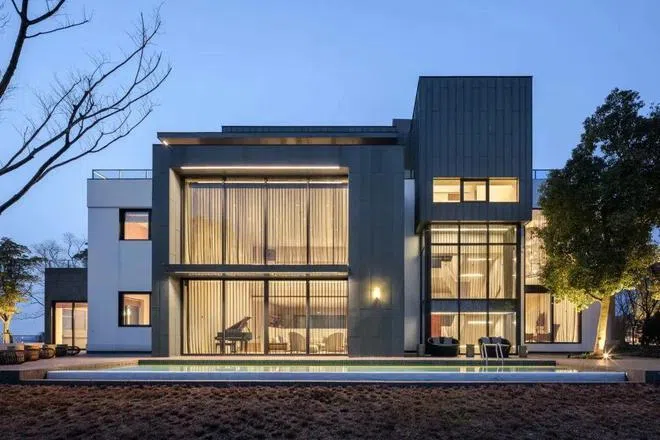
Having weathered the bursting of the economic bubble and seen countless people sinking into anxiety and turmoil, he said, “The investment is just a number, our company doesn’t just exist for the pursuit of economic benefit, we should be pursuing meaningful profit.”
When asked if there is pressure to get profitable in an age where money talks, he said with a smile, “Pressure is challenge, and challenge is opportunity.”
Overseas business still promising, headquarters to remain in Singapore
The Tsao family had their start in shipping, and in spite of the global focus on sustainable development today, Fred observed that operations in the maritime industry have not changed much and there is still a lot of potential.
He said the company is still receiving plenty of shipbuilding orders, but the vessels they now construct have switched from burning oil to using green fuels and natural gas. The company’s energy portfolio has shifted from palm oil-focused to other new energy sources such as agricultural waste. More ships are also becoming low carbon, which means further opportunities in the ship breaking sector.
“To sum it up, what we’re doing is like what we’ve been doing before, but also different,” he said with a smile. He added that the Tsao family moved its business headquarters from Hong Kong to Singapore more than 30 years ago, and the family business has always had a close relationship with Singapore.
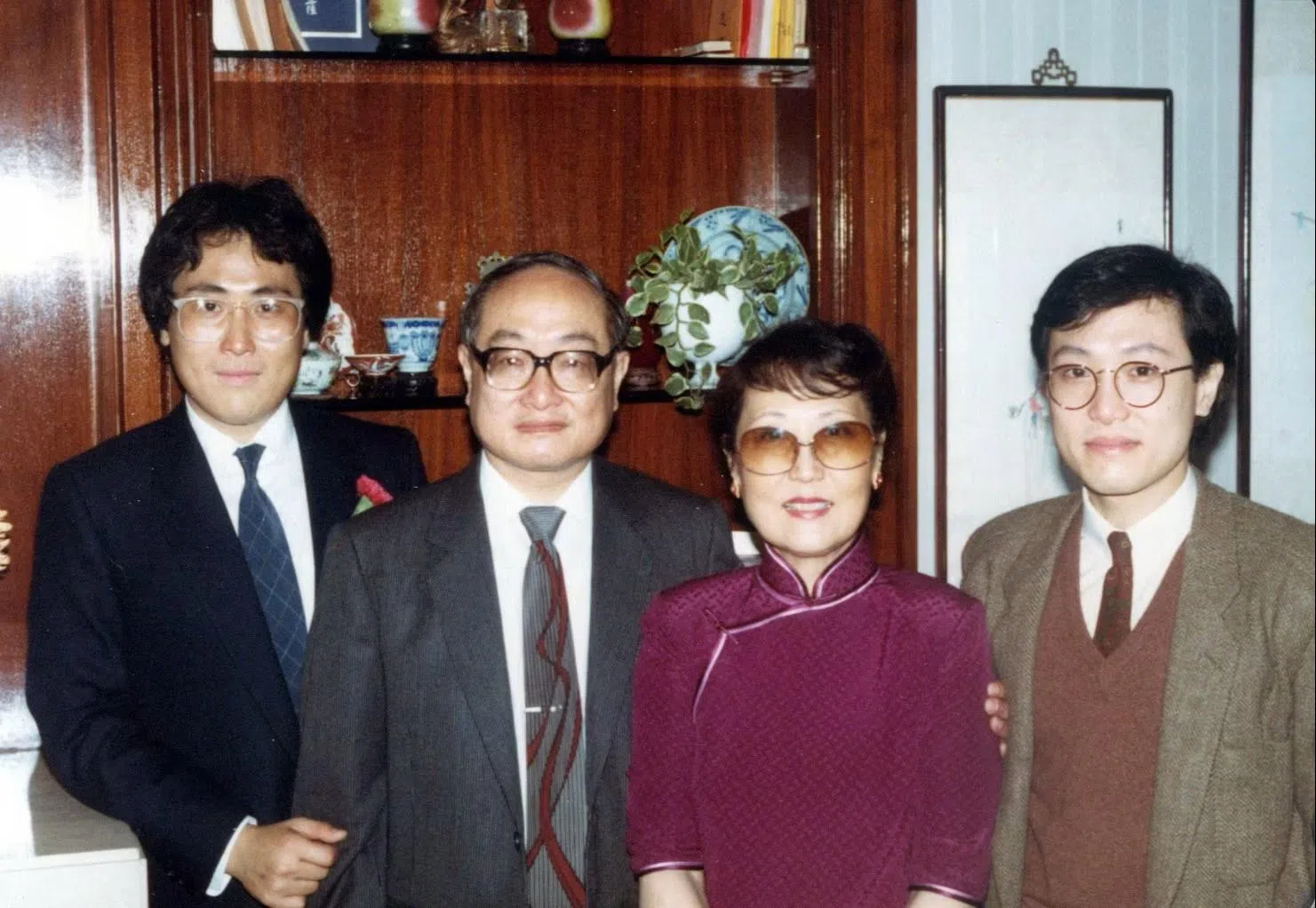
Fred’s father Frank Tsao came to Singapore in 1985 at the Singapore government’s invitation, along with other Hong Kong tycoons, to invest in Suntec City. The elder Tsao was the founding chairman of Suntec City Development, and also made important contributions to the maritime industry in Singapore.
Fred said the Singapore government had also invited him to discuss the feasibility of developing the Suzhou Industrial Park, and he had considered buying land in Singapore to set up a branch of Sangha Retreat.
In his opinion, Singapore is a hub for the globalisation of Chinese culture, and shows a lot of potential for future development. Tsao Pao Chee will continue to base its headquarters in Singapore and expand in the wellness economy, along with holistic health, shipping and other sectors.
He said, “TPC has invested more than US$320 million in the well-being industry to date. And this is just the beginning; we are planning to do more and invest more.”
This article was first published in Lianhe Zaobao as “曹慰德谈管理百年家族企业:如同加州旅馆 退房了也别想离开“.

